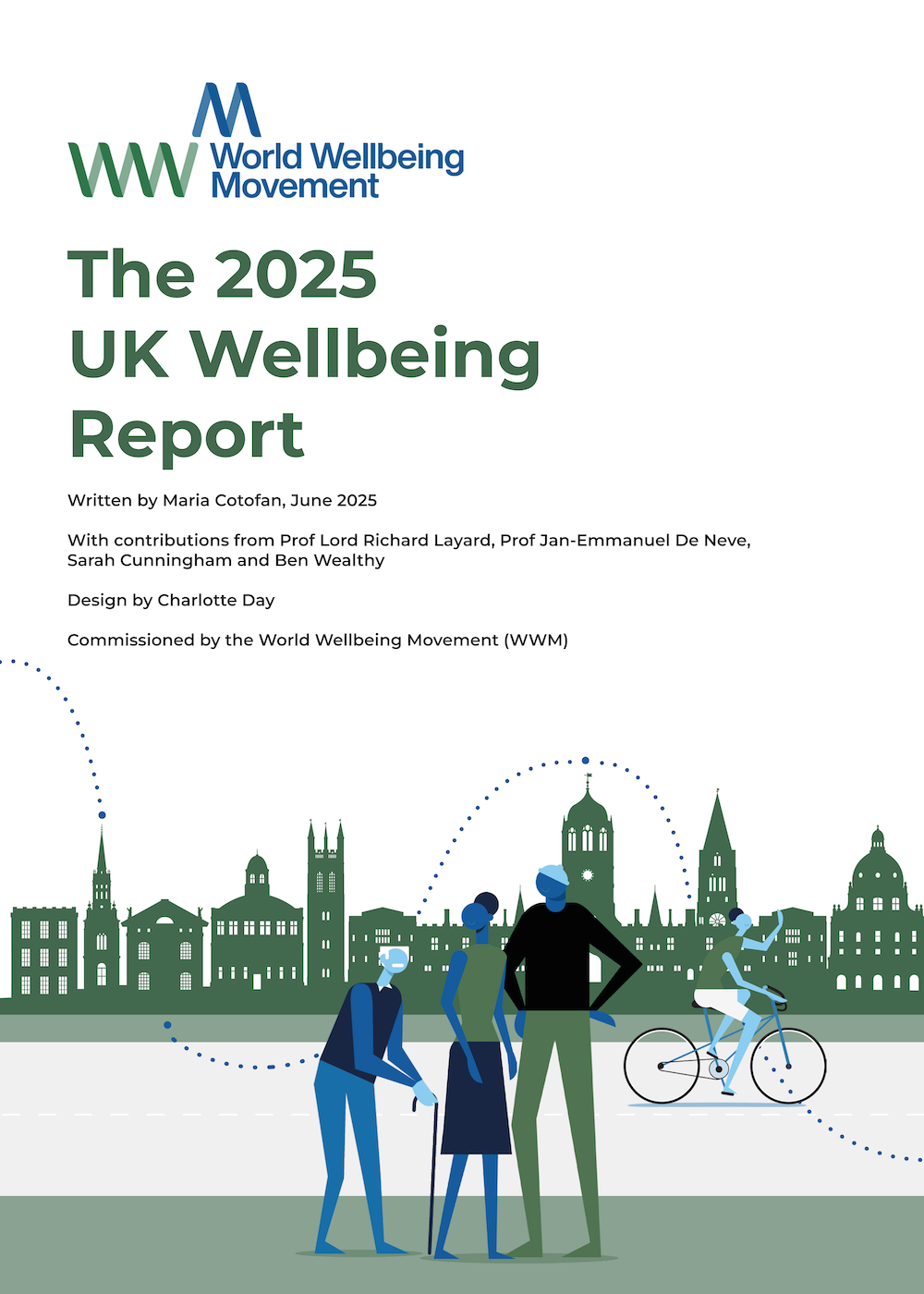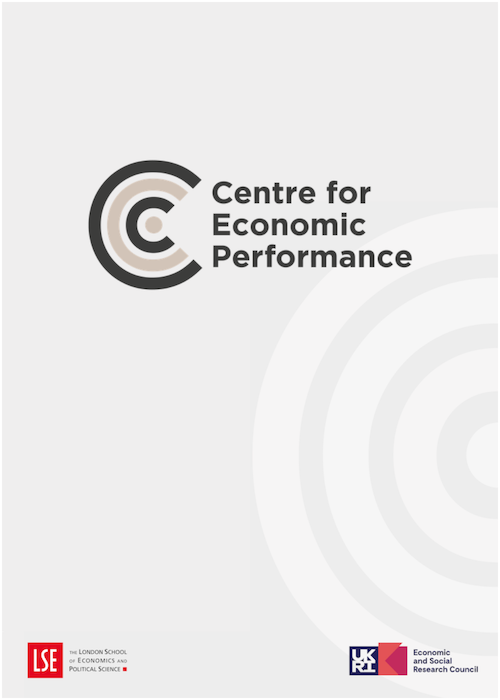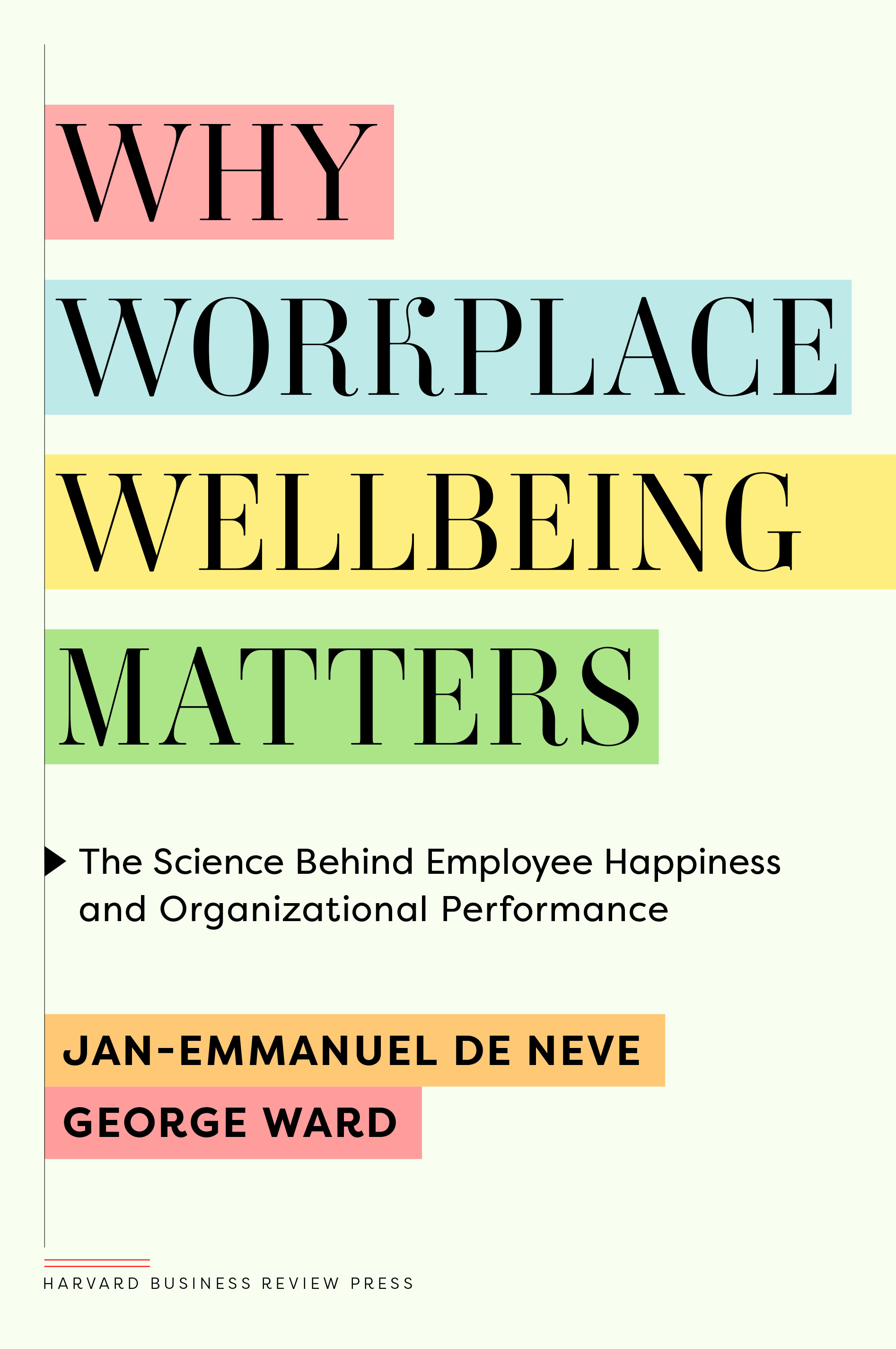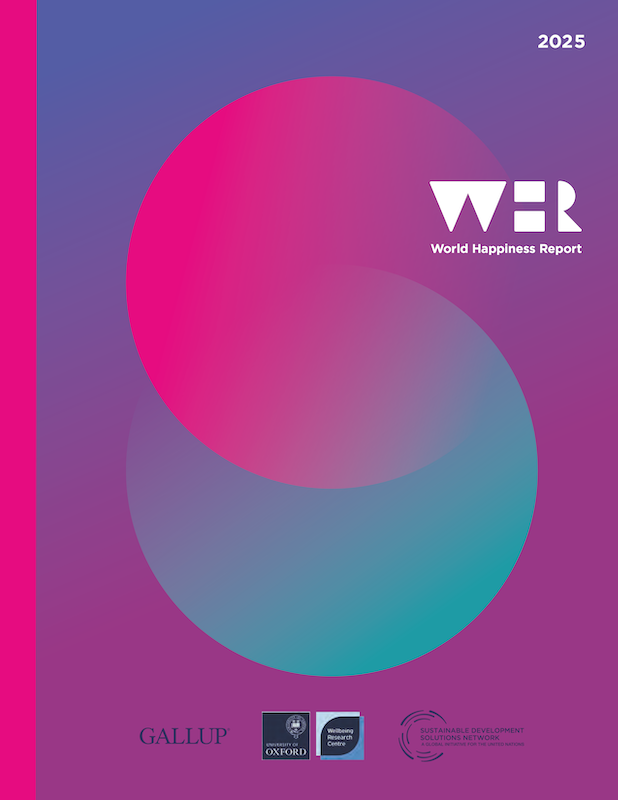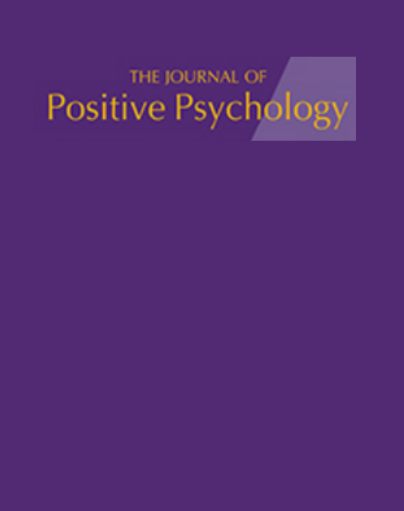
Leisure Beliefs and The Subjective Well-Being of Nations
The Journal of Positive Psychology
Lucía Macchia & Ashley Whillans
Abstract
The policies of most governments focus on improving material prosperity. Yet, wealth only weakly predicts well-being. It is therefore important to understand whether factors other than money shape the happiness of nations. Here, we construct a data set of 79 countries (N = 220,000) and explore whether differences in the prioritization of time (leisure) vs. money (work) explain cross-country differences in happiness. Consistent with our predictions, countries whose citizens value leisure more than work report higher subjective well-being at the country and individual level. These effects hold in high and low GDP countries. Critically, we find evidence for a novel mechanism: people who value leisure over work are less negatively impacted by financial instability. Moving beyond individual welfare, the value that nations place on leisure vs. work fundamentally shapes happiness.


